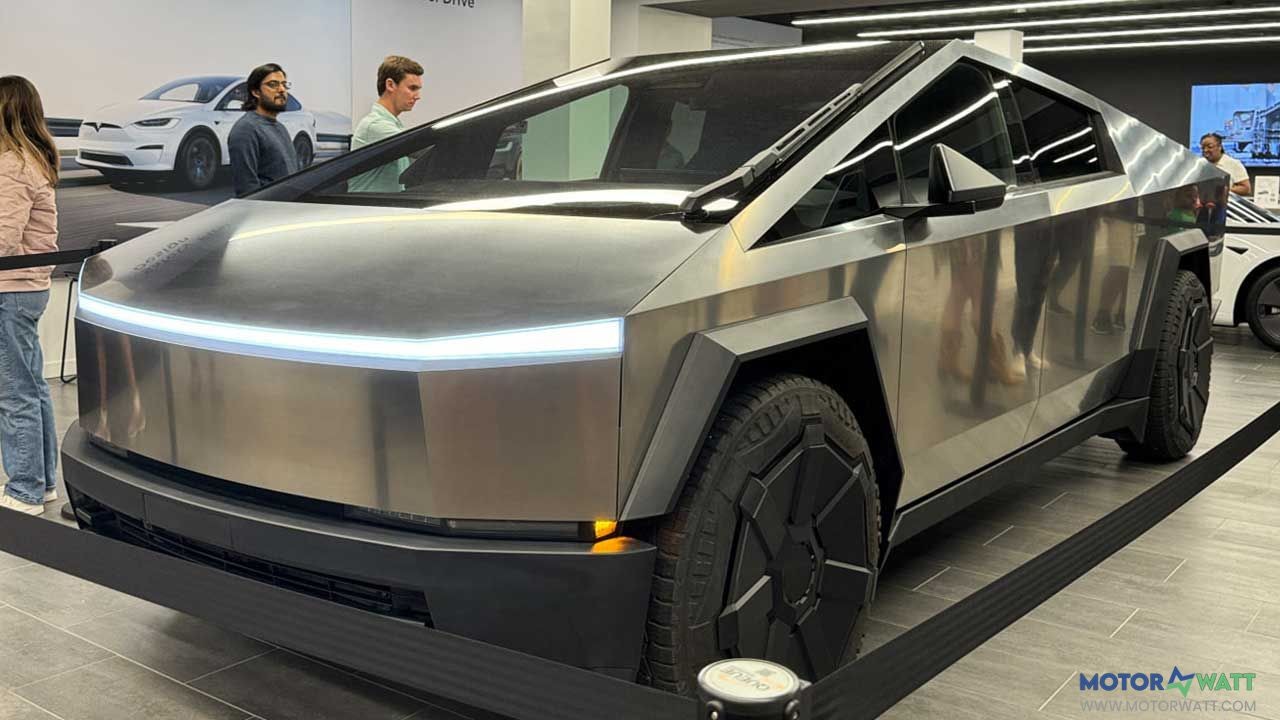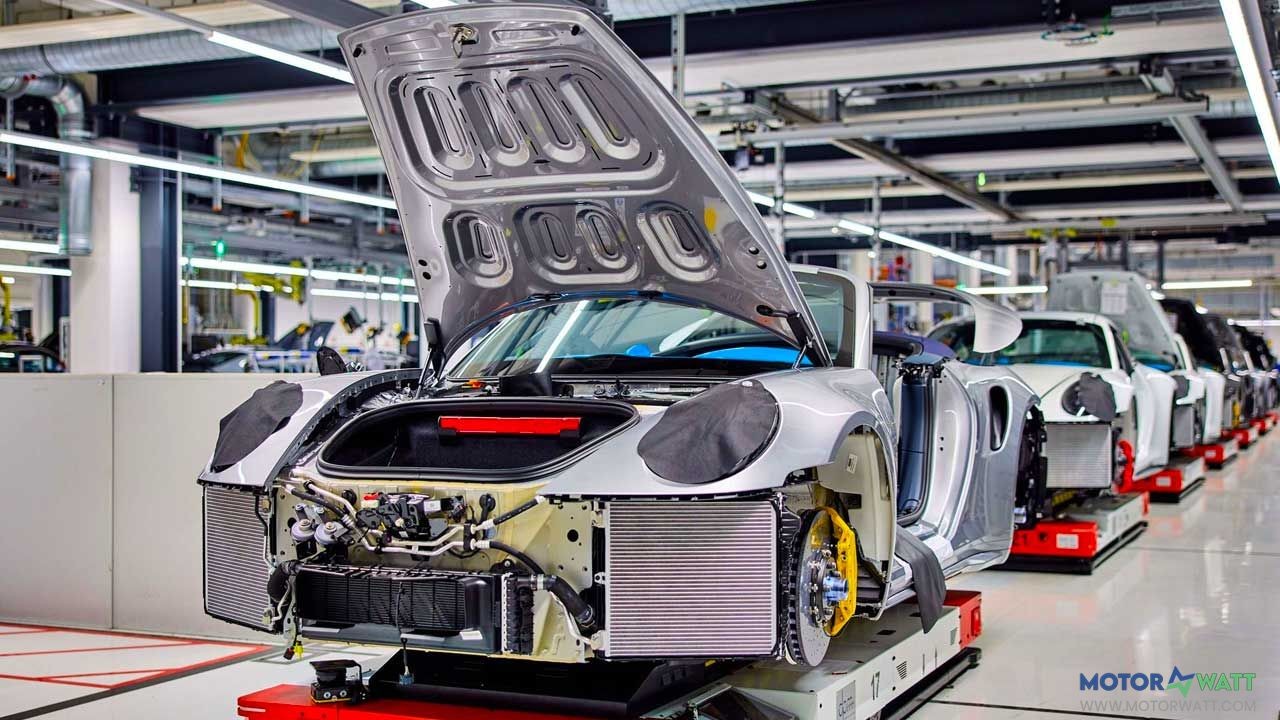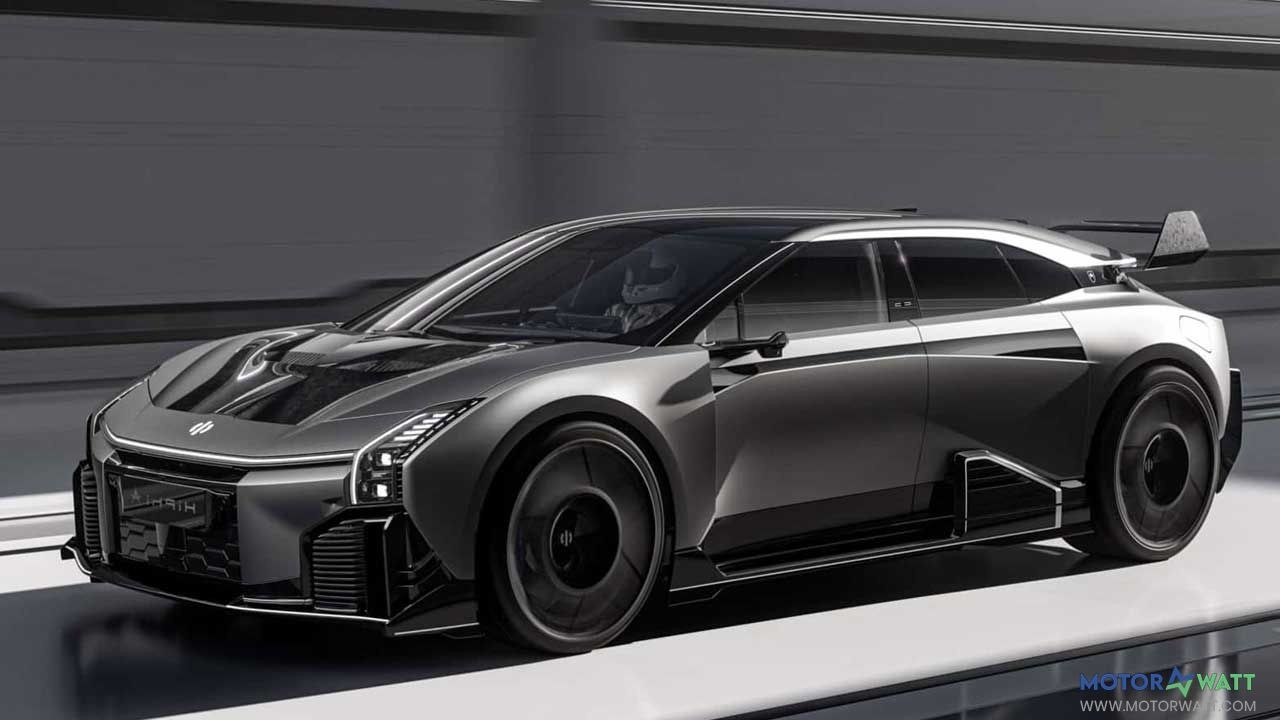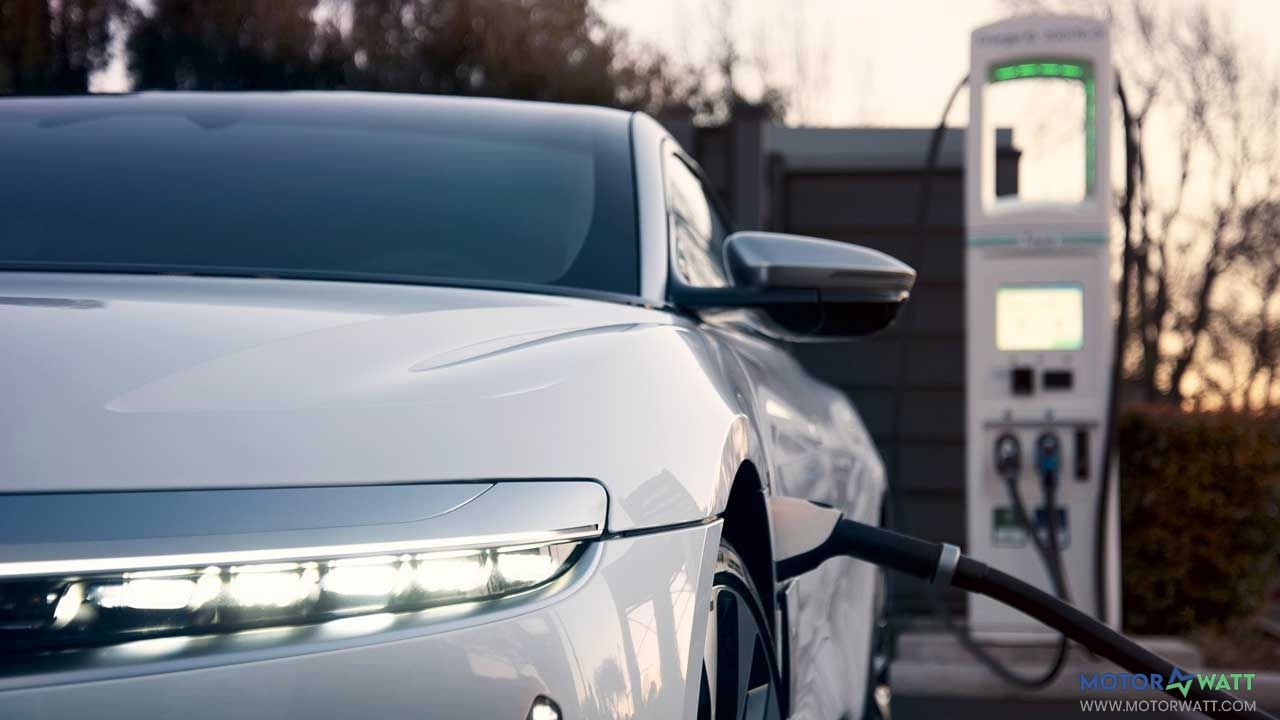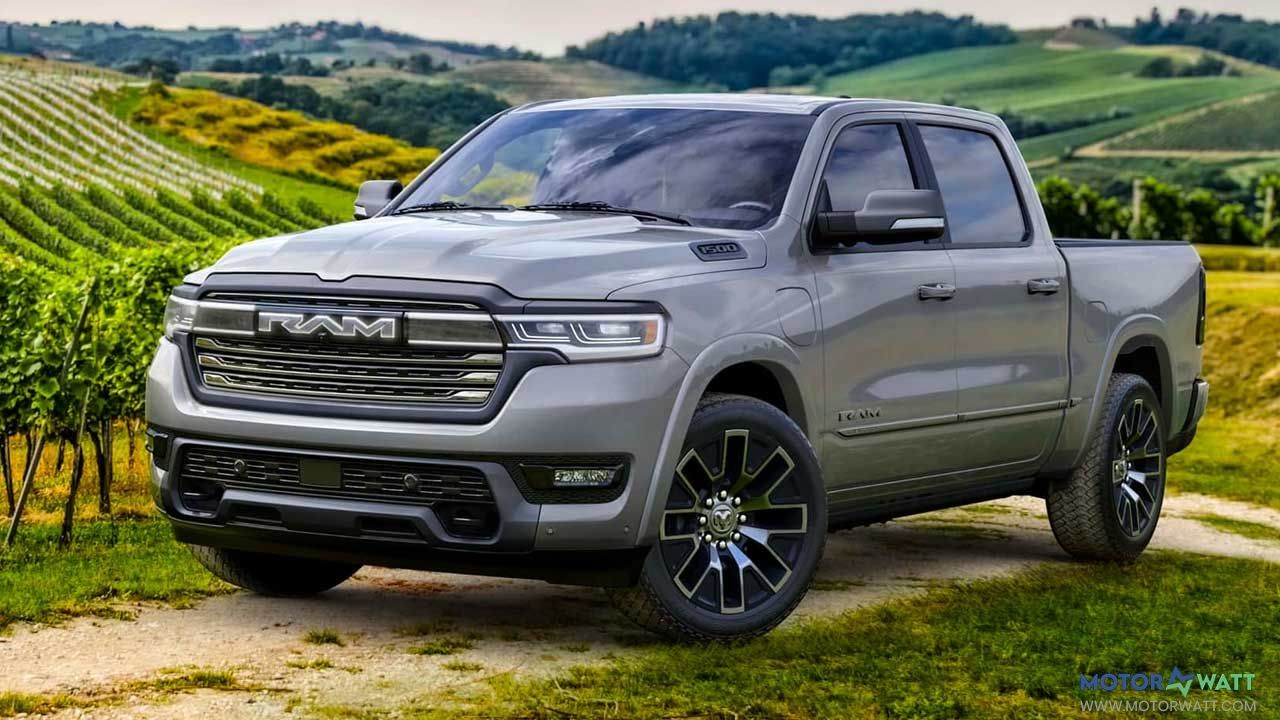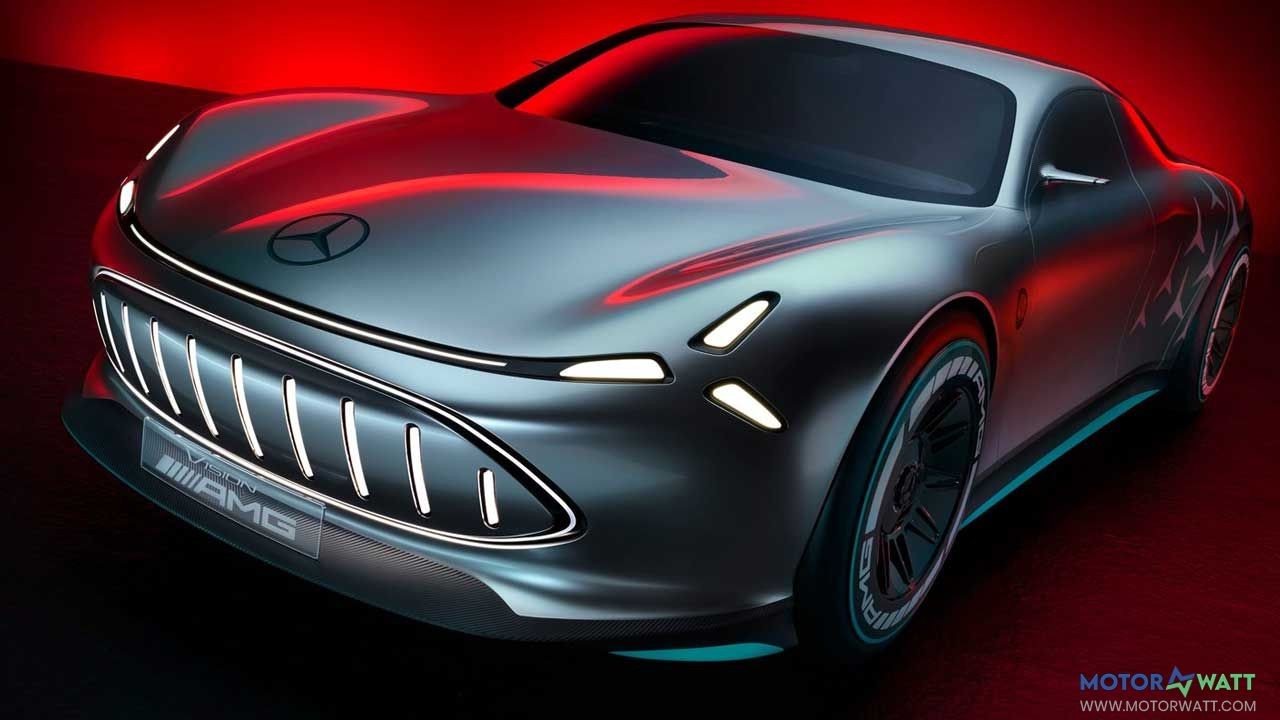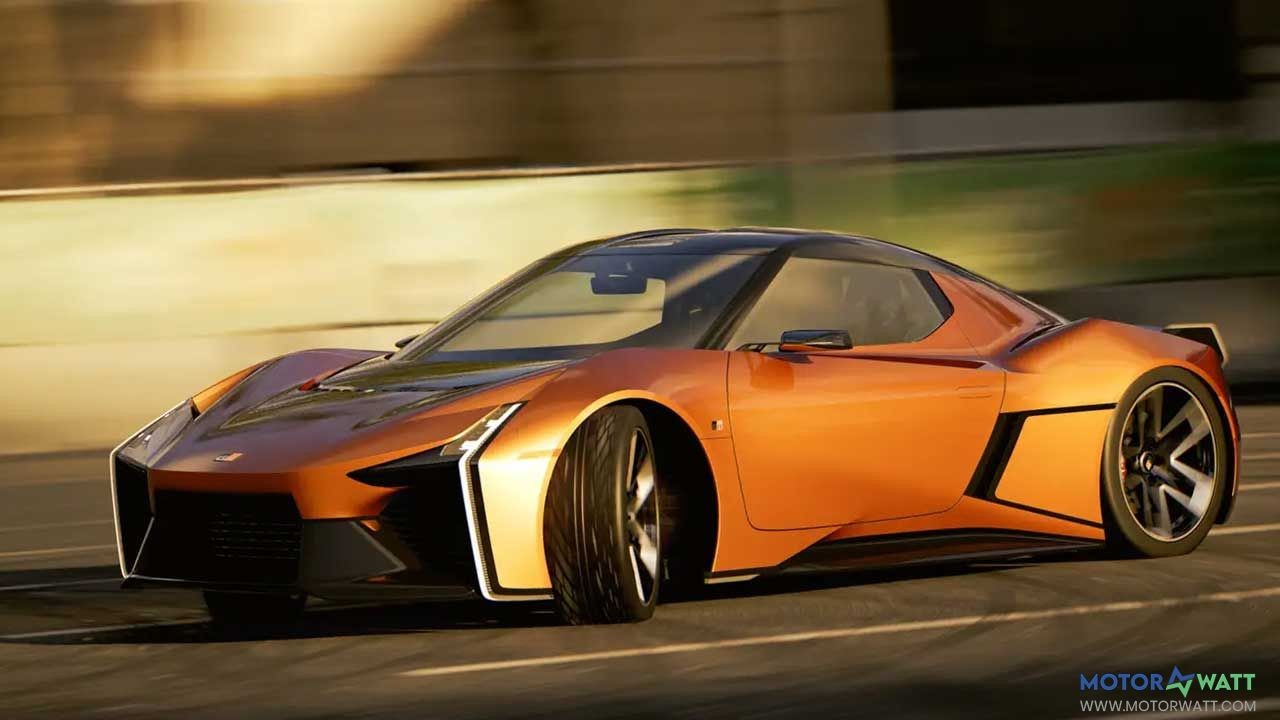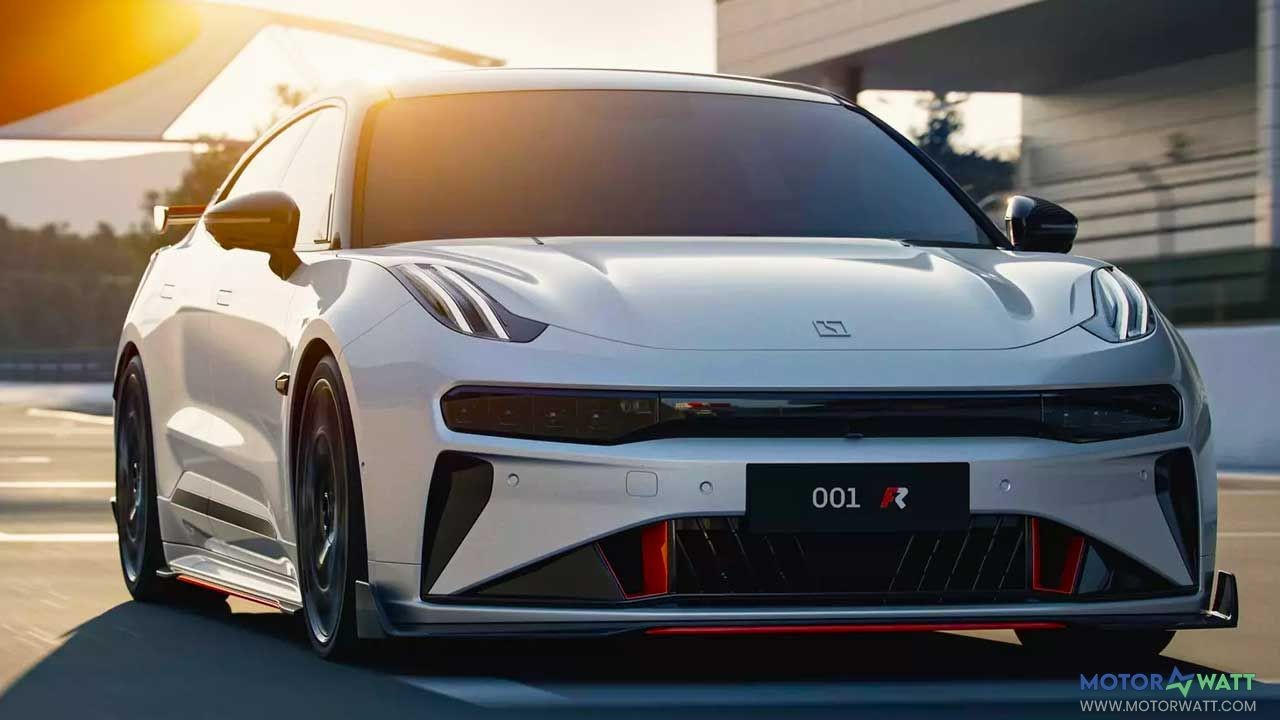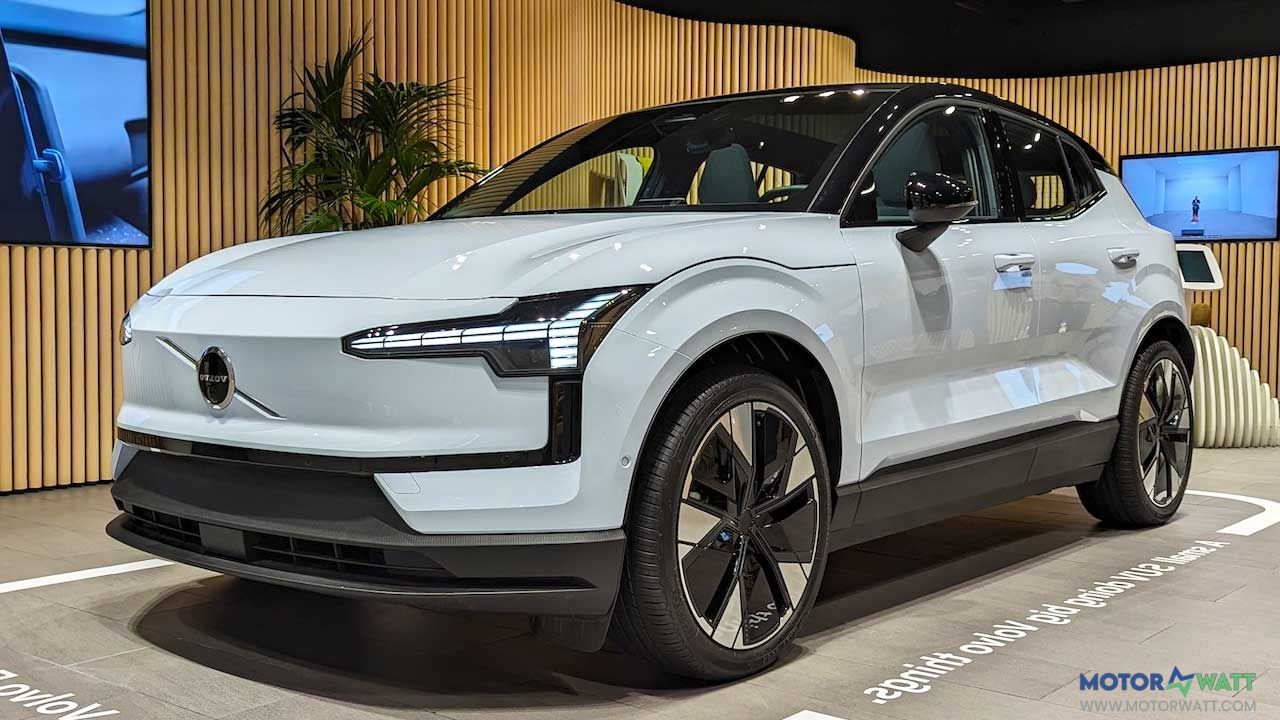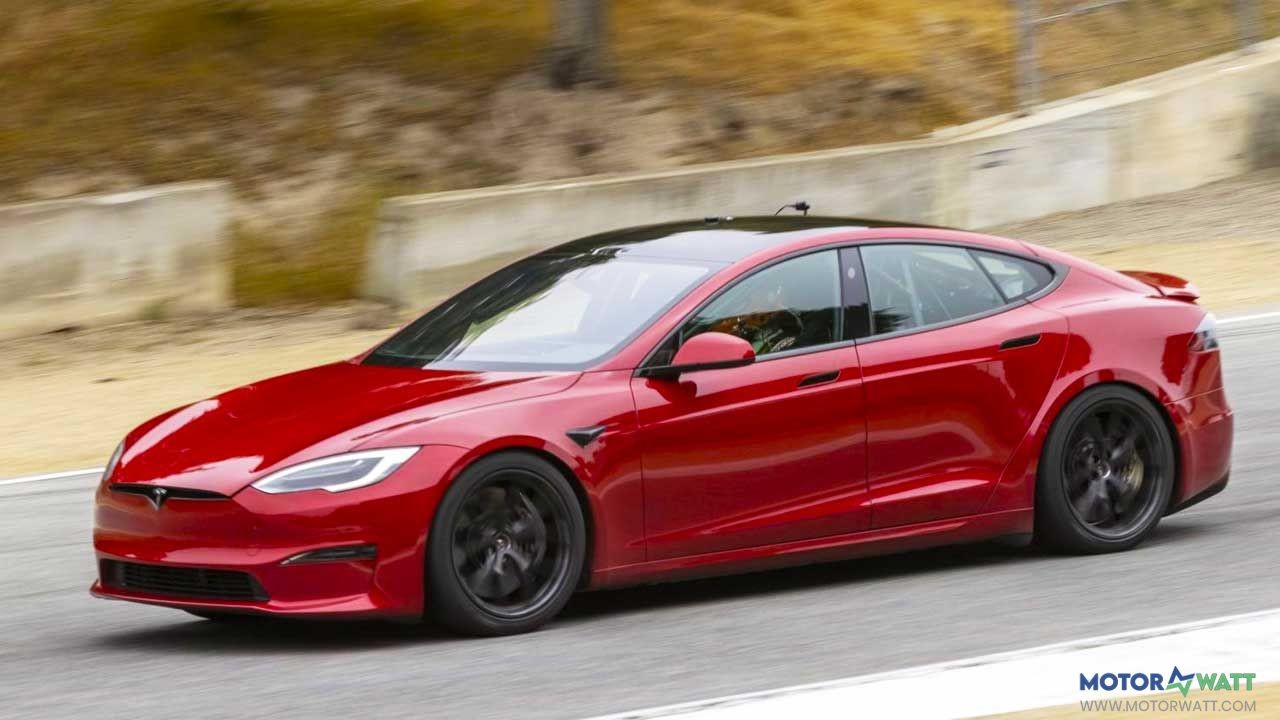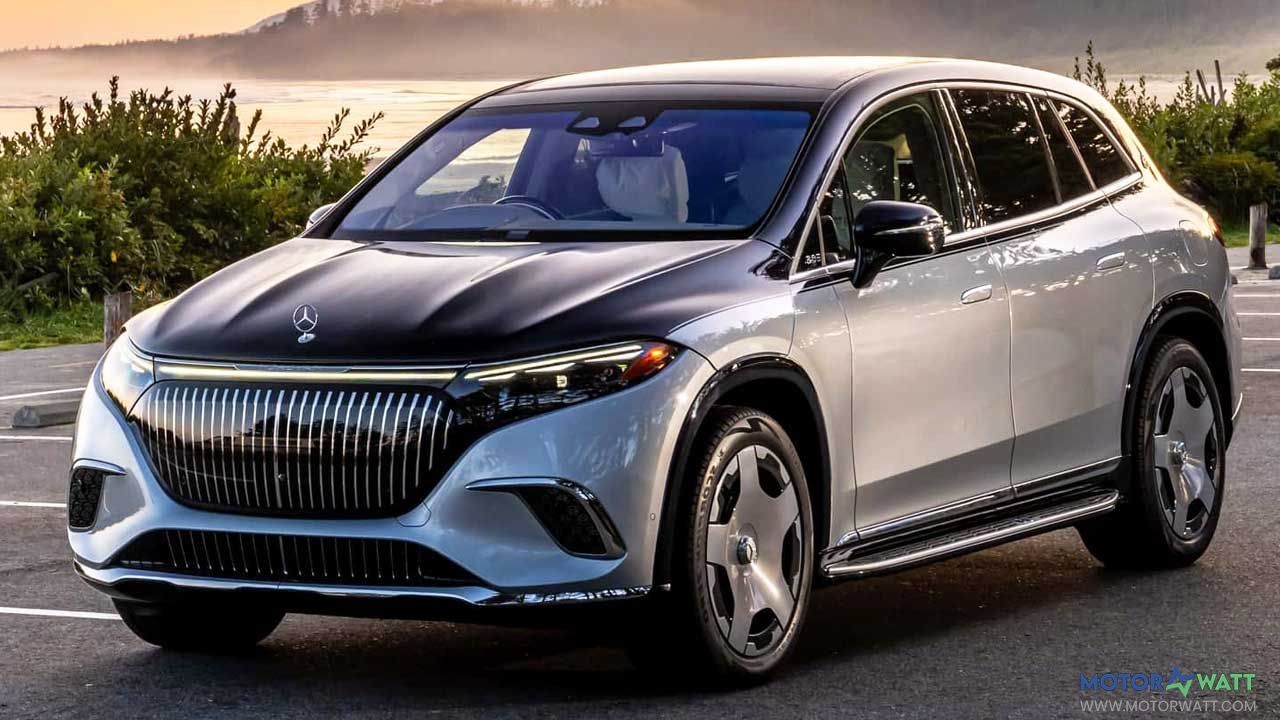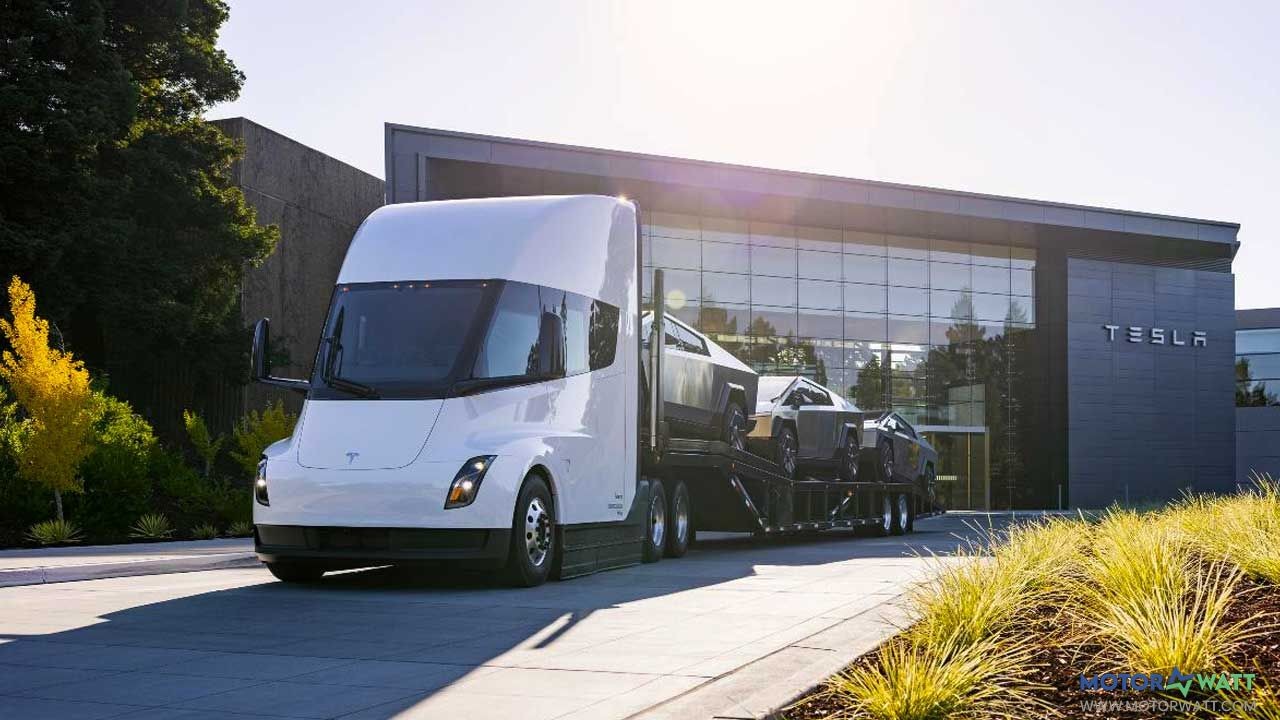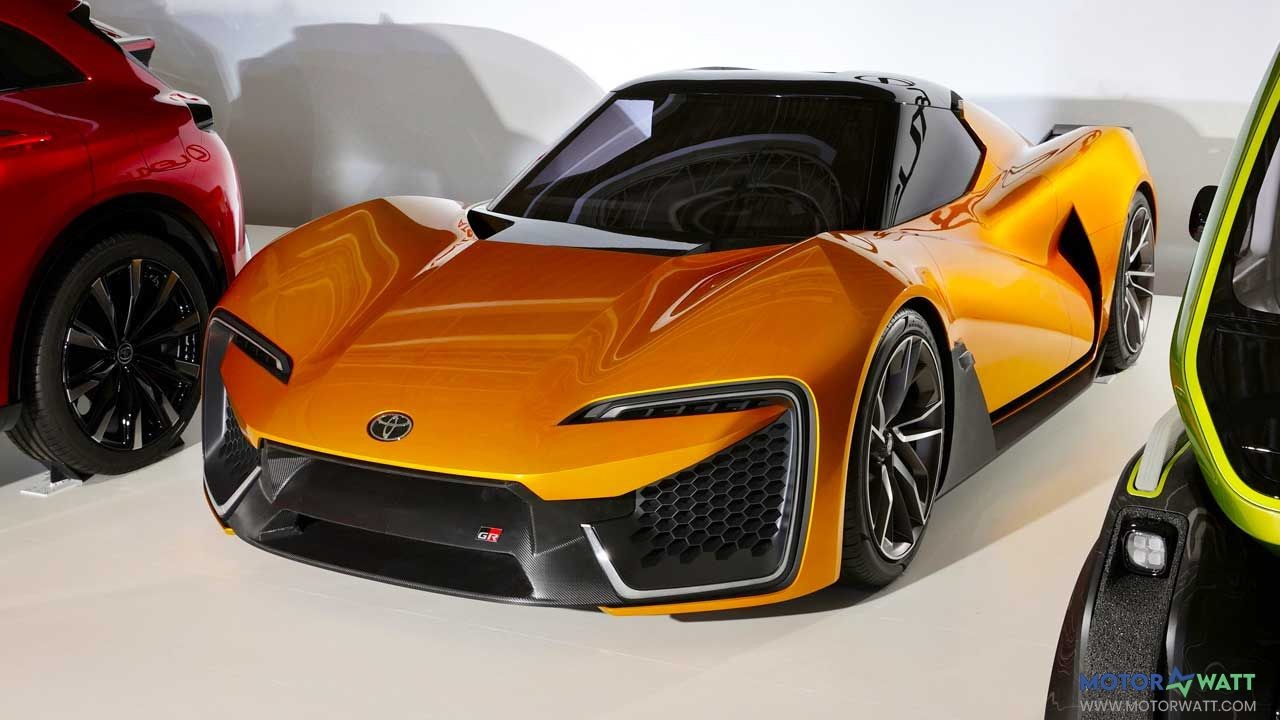News about Electric Vehicles and Green Energy Technilogies
Electric Vehicle Market News
The electric vehicle (EV) market is currently experiencing an unprecedented surge, driven by a combination of technological advancements, governmental policies, and changing consumer preferences. As we navigate through the landscape of sustainable transportation, the electric vehicle industry stands at the forefront of this transformative era.
The Surge of Electric Vehicles
Electric vehicles have moved from the fringes to the mainstream, with sales figures skyrocketing across the globe. This growth is not just a testament to the increasing environmental awareness among consumers but also highlights the industry's response to the demand for cleaner, more sustainable modes of transportation.
Porsche's Electrifying Transformation: Upgrades at Stuttgart Plant for Next-Gen EVs
Canoo American Bulldog: A Game-Changing Electric Pickup Truck Redefining the Industry
Transforming Electric Vehicle Charging: Lucid's RangeXchange Innovation
The Electric Revolution: Mercedes-AMG's Trailblazing Entry into the High-Performance EV World
Elevating Elegance: The 2024 Mercedes-Maybach EQS 680 SUV's Entry into the Luxury EV Market
Tesla's Cyberquad ATV for Kids: Europe Launch Amidst US Safety Concerns
Latest Models and Innovations
Every year, the EV market welcomes a slew of new models, each more innovative than the last. From sedans and SUVs to futuristic concept cars, manufacturers are pushing the boundaries of what electric vehicles can be. These advancements are not limited to just aesthetics and performance; significant improvements in battery technology are making EVs more accessible and practical for the average consumer.
Charging Infrastructure Expansion
One of the critical factors in the widespread adoption of electric vehicles is the availability of charging infrastructure. Recent years have seen a substantial increase in the number of charging stations, both public and private, around the world. This expansion is crucial in addressing range anxiety and making EVs a viable option for more people.
Government Policies and Incentives
Governments worldwide are playing a pivotal role in shaping the future of the electric vehicle market. Through a combination of tax credits, subsidies, and stringent emission standards, policymakers are encouraging both manufacturers and consumers to make the shift to electric.
Tax Credits and Subsidies
Financial incentives remain a significant driver for many consumers considering an EV. These incentives, which vary from country to country, make electric vehicles more financially attractive and can significantly lower the cost of ownership.
Emission Standards and Regulations
Stringent emission standards and regulations are forcing automakers to rethink their vehicle lineups and invest heavily in electric models. These regulations, aimed at reducing pollution and combating climate change, underscore the global commitment to transitioning towards cleaner transportation options.
Market Leaders and Their Strategies
Tesla continues to dominate the EV market, thanks to its innovative technology, strong brand, and aggressive expansion strategy. However, it's not alone; several emerging competitors are vying for a share of the pie, each bringing their unique strengths to the table.
Emerging Competitors
New players in the EV market are challenging the status quo, offering vehicles that cater to various segments of the market. These companies are not just competing on price but also on technology, design, and the overall driving experience.
Consumer Trends in EV Adoption
Consumer attitudes towards electric vehicles are evolving. While range anxiety and the initial cost of EVs remain concerns for some, the overall perception is shifting. Technological advancements and a broader understanding of the benefits of electric vehicles are driving adoption.
Range Anxiety and Solutions
The fear of running out of battery power before reaching a charging station, known as range anxiety, is a significant barrier to EV adoption. However, with improvements in battery technology and the expansion of charging networks, this concern is becoming less of an issue.
The Role of Technology in Adoption
Technology plays a crucial role in the adoption of electric vehicles. From advancements in battery life to the integration of smart technologies, these innovations are making EVs more appealing to a broader range of consumers.
The Future of Electric Vehicles
The future of electric vehicles looks bright, with continuous advancements in technology paving the way for a more sustainable and efficient transportation system. Innovations in battery technology and the integration of autonomous driving features are expected to be significant drivers of growth in the coming years.
Battery Technology Innovations
The next frontier in the EV market is battery technology. Innovations in this area are expected to increase range, reduce charging times, and lower costs, making electric vehicles an even more attractive option for consumers.
Autonomous and Electric Vehicles
The convergence of autonomous driving technology and electric vehicles represents the next step in the evolution of transportation. This combination has the potential to revolutionize how we think about travel, offering cleaner, safer, and more efficient options for the future.
Conclusion
The electric vehicle market is at a pivotal moment, with significant growth and innovation reshaping the landscape of transportation. As we look to the future, it's clear that electric vehicles are not just a passing trend but a fundamental shift towards a more sustainable and efficient mode of transportation.
FAQs
Electric vehicles offer numerous benefits, including reduced emissions, lower operating costs, and a quieter, smoother driving experience.
Charging times can vary widely depending on the type of charger and the vehicle's battery capacity. Typically, it can take anywhere from 30 minutes for a rapid charge to several hours for a full charge.
Yes, with advancements in battery technology and the expansion of charging networks, many electric vehicles are now capable of handling long-distance travel.
While the initial purchase price of an EV can be higher, tax credits, subsidies, and lower operating costs can make them more economical in the long run.
Governments and private companies are investing heavily in expanding the charging infrastructure, including the development of fast-charging stations and increasing the availability of public and private charging options.
